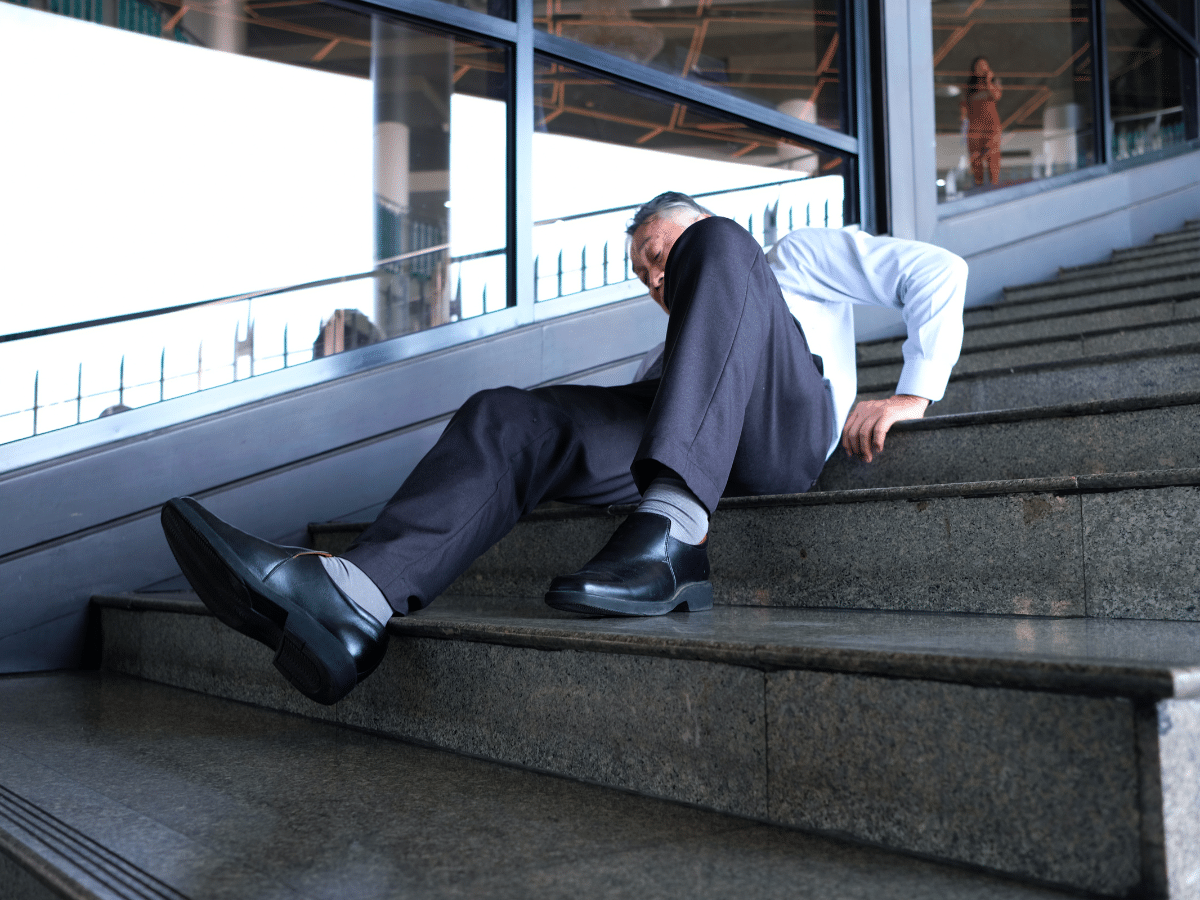Accidents can happen anywhere, including public property such as parks, sidewalks, government buildings, or community centers. Understanding your rights and the steps to take if you are injured on public property is essential. At MHK Attorneys, we help clients navigate personal injury claims and ensure they receive the compensation they deserve.

Determining Liability on Public Property
When you are injured on public property, the question of liability can be more complex than on private property. Government entities, including cities, counties, and states, are often protected by sovereign immunity, which can limit your ability to file a lawsuit. However, many jurisdictions allow claims if the injury was due to negligence, such as poorly maintained sidewalks, inadequate signage, or unsafe playground equipment.
To establish liability, it’s important to prove that the government entity failed in its duty to maintain a safe environment. Examples include:
-
Broken or uneven sidewalks causing trips and falls
-
Potholes or unsafe road conditions
-
Unsafe public buildings or facilities
-
Defective playground or recreational equipment
Documenting the conditions and gathering evidence immediately after the incident is crucial.
Filing a Claim Against a Government Entity
In most cases, you cannot simply file a standard personal injury lawsuit against a city or state. There is usually a special process, such as a notice of claim, which must be filed within a certain time frame. Deadlines vary by state, often ranging from 30 to 180 days. Failing to submit the notice in time can prevent you from pursuing a claim.
Once the notice is submitted, the government entity may investigate the circumstances surrounding the injury. They might offer a settlement, or the case could proceed to court if negotiations fail. Legal guidance is crucial during this stage to ensure your claim is properly handled.
Types of Compensation You May Be Entitled To
If your claim is successful, you may be eligible for various forms of compensation:
-
Medical expenses: Coverage for hospital visits, surgeries, physical therapy, and ongoing care
-
Lost wages: Compensation for time off work due to the injury
-
Pain and suffering: Damages for physical pain, emotional distress, or reduced quality of life
-
Property damage: Reimbursement for damaged personal items
The exact compensation depends on the severity of your injury, evidence of negligence, and state-specific laws regarding public property claims.

Importance of Professional Legal Guidance
Navigating injury claims on public property can be challenging due to strict filing deadlines, government defenses, and legal requirements. Hiring an experienced personal injury attorney ensures that your claim is submitted correctly and that you receive fair compensation. At MHK Attorneys, we have extensive experience handling public property injury cases, advocating for victims, and guiding them through every step of the legal process.
Steps to Take Immediately After an Injury
If you are injured on public property, taking prompt action can significantly impact the success of your claim:
-
Seek medical attention immediately to document your injuries
-
Report the incident to the appropriate authorities, such as park rangers, city officials, or building managers
-
Document the scene with photos, videos, or witness statements
-
Keep detailed records of medical bills, lost wages, and other expenses
-
Consult a qualified attorney familiar with public property claims
Following these steps protects your rights and strengthens your case if you pursue compensation.
Conclusion
Injuries on public property can be complicated, but you have rights. Understanding liability, filing deadlines, and the types of compensation available is critical to protecting yourself.
Contact MHK Attorneys today to schedule a consultation. Our experienced team can help you navigate the complexities of public property personal injury claims, ensuring you get the compensation you deserve and peace of mind after an unexpected accident.